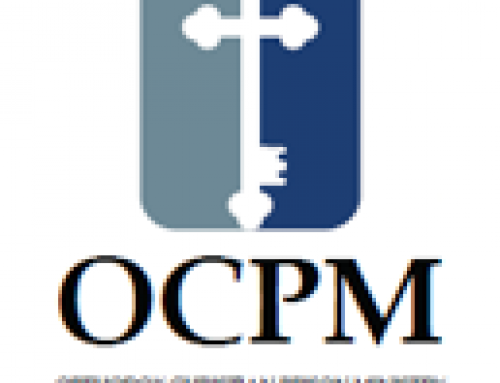This post was originally published on this site
The Life of Basil
St. Basil from Cappadocia, was born into a lineage with future saints like St. Macrina and St. Gregory of Nyssa. Educated in Constantinople and Athens, he imbibed the pinnacle of Greek wisdom. His journey led him to absorb asceticism and piety from hermit saints in Egypt, Syria, and Palestine before dedicating himself wholly to Christ within the monastic realm. As a monk, he authored guidelines governing communal life in monasteries.
Later ordained as Bishop of Caesarea, St. Basil ardently opposed Arianism, even at odds with the emperor. Renowned for his devotion to aiding the needy, he established the hospital, hospice, and shelter for the destitute. His literary legacy encompasses ethical manuals, moral sermons, and extensive correspondences. Many letters revolved around enhancing the Divine Liturgy and refining monastic regulations, topics close to his heart. The Divine Liturgy of St. Basil, honored on significant feasts and his own, features prayers authored by the reverend bishop. Numerous other prayers, such as the daily recitation of the “prayer of the hours,” are credited to him.
St. Basil’s feast day intertwines with the tradition of vasilopita, or “the bread of St. Basil.” Originating from his charitable practice in the fourth century, St. Basil eschewed the direct distribution of money to the poor, opting instead to commission women to bake bread embedded with gold coins. Distributing these loaves preserved the dignity of the recipients. Upon cutting into the bread, the concealed coins would be discovered, offering financial support. Vasilopita, traditionally baked on January 1st in honor of St. Basil’s feast, contains a hidden coin. Slices are apportioned in honor of Christ, the Theotokos, and St. Basil, followed by portions for family and friends. The recipient who finds the coin in their slice is believed to receive good fortune throughout the year!
Feast Day
1st of January
How can St. Basil intercede for us?
As St. Basil is known for his immense knowledge of the church and love of learning, many students pray to him, along with the other hierarchs Gregory the Theologian and John Chrysostom, for help with their studies.
Discussion Questions
- Discuss the significance of St. Basil’s initiatives such as founding the world’s first hospital, hospice, and shelter for the poor in the context of his time. How do these acts resonate in today’s society?
- Explore the significance of St. Basil’s contributions to the Divine Liturgy and monastic rules. How have these practices endured and evolved over time?
- Reflect on the symbolism and significance of the vasilopita tradition in honoring St. Basil’s life and legacy. How does this tradition connect with his charitable nature?
- How can St. Basil’s life and teachings serve as an inspiration or offer guidance in modern times, particularly in addressing societal issues or promoting compassion and charity?
Learn his troparion
“Thy sound hath gone forth into all the earth that hath received thy word. Thereby thou hast divinely taught the Faith; thou hast made manifest the nature of things that be; thou hast adorned the ways of man. O namesake of the priesthood, our righteous Father Basil, intercede with Christ God that our souls be saved.” (Mode 1)
Listen to our recording of St. Basil’s troparion
Pray with him
O great and most glorious hierarch of Christ, divinely wise teacher of the Church in all the world, firm confessor and champion of Orthodoxy, all-blessed Father Basil, look down from the heights of Heaven upon us who humbly fall down before you, and entreat the Lord Almighty, Whose faithful minister on earth you were, to grant us a firm and unchanging custody of the right Faith, obedience to the Holy Church, a correction of our way of life, and swift help patience and strength in all our needs, sorrows and temptations.
Bestow your holy blessing upon us, so that, protected by it, we might live every day in a manner pleasing unto God, in peace and penitence, and be vouchsafed together with you and all the saints, in the kingdom of Heaven to hymn and glorify the Life-creating Trinity: the Father, and the Son, and the Holy Spirit, for ages of ages. Amen.
Adapted from an akathist produced by the Moscow Synod Printing House in 1912.



